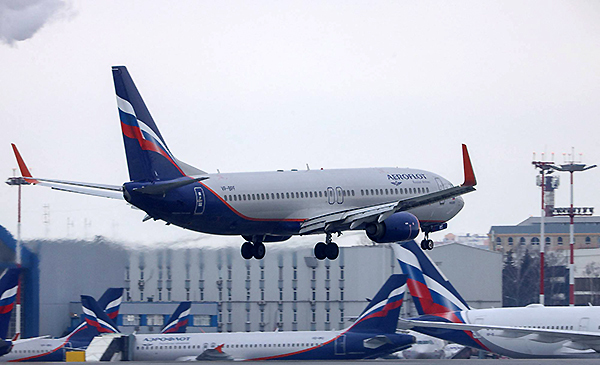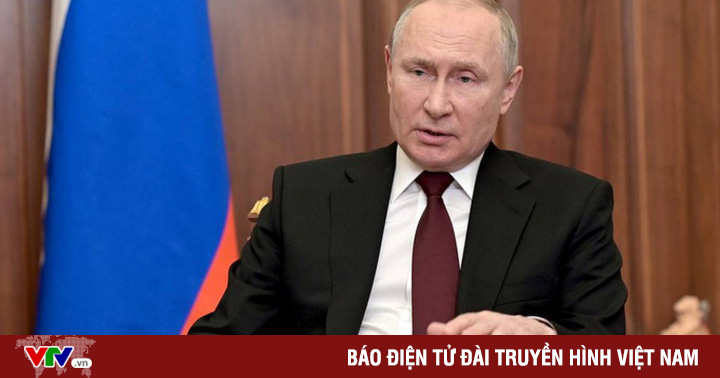Food crisis in the world: FAO calls for a $25 billion fund to help poor countries

Sri Lankans buy goods in the capital Colombo amid a severe economic crisis – Photo: Reuters
Responding to the call of the United Nations (UN), many rich countries around the world also promote projects to support poorer countries to solve food problems.
Seeds are the foundation of our future food and nutrition security, and have the potential to create a world without hunger.
Mr. Stefan Schmitz
Money and initiative
According to the Indian Express, with a largely service-based economy, Sri Lanka has fallen into an economic crisis when the prices of many imported goods have skyrocketed and inflation has reached an all-time high – up to 17.5. % last March. Sri Lanka’s 21 million people are spending three times more than usual to buy basic food such as rice and sugar and powdered milk.
Meanwhile, the UN’s World Food Program (WFP) says Yemenis are experiencing unprecedented levels of hunger, making life more difficult for millions. Despite current humanitarian efforts, 17.4 million Yemenis are still undernourished. WFP estimates that number will be 19 million by December 2022.
Faced with this situation, today April 20, The Food and Agriculture Organization of the United Nations (FAO) is calling for a fund of up to $25 billion to help poor countries cope with rising food prices.
Besides, France is also promoting an initiative called “FARM”. France wants countries with surplus grain stocks to consider freeing up supplies to protect poorer countries from the impact of rising food prices due to the Russia-Ukraine conflict.
The FARM initiative received support from the G7 and was discussed with G20 countries, including China and India (who have the largest grain reserves in the world) earlier in April. Paris set a target. The goal is to reach an international agreement on this initiative before the end of the EU’s rotating presidency next June.
In addition, the EU is facilitating food exports through Poland and supporting the distribution of fuel to Ukrainian farmers to defuse the crisis in the country. The EU has also provided financial support to the most vulnerable countries, with $244 million in the first week of April for countries in North Africa and the Middle East.
According to Reuters, nearly half of this money will go to Egypt, while countries such as Lebanon, Jordan, Tunisia, Morocco and the Palestinian state will receive emergency funds ranging from 15 to 25 million euros each. .
EU officials say another 300 million euros ($318 million) in agricultural assistance will be provided to the western Balkan countries as part of the EU’s regular support fund for the region.
The United Nations has also allocated $100 million from the United Nations Central Emergency Response Fund (CERF) to relief projects in six African countries and Yemen, according to the UN’s website.
Seed bank
In addition to the support of rich countries, another much-anticipated solution to the food crisis is seed banks. With risks from the climate crisis and global conflict increasing, seed banks are increasingly seen as an invaluable resource that can help avert a global food crisis. Around the world.
Researchers estimate there are at least 200,000 species of edible plants on Earth. But humans depend mainly on three species: maize, rice (rice) and wheat.
There are currently about 1,700 seed banks, or gene banks, around the world. Stefan Schmitz, executive director of the Global Crop Diversity Trust, executive director of the Global Crop Diversity Trust, said the world needs to fund and maintain seed banks well to minimize negative impacts. of the climate crisis on global agriculture.
One of the most notable seed banks in the world is the Svalbard Global Seed Vault, otherwise known as the “doomsday vault”. The Svalbard Vault was created for the purpose of storing all the seeds of other seed banks around the globe.
Svalbard can hold up to 4.5 million plant species and 2.5 billion seeds. Currently, the vault contains more than 1.14 million seed samples of about 6,000 different plant species. Although serving the world community, the Svalbard vault is owned by the Norwegian Government and managed by the Global Crop Diversity Trust.
There is also the Millennium Seed Bank in the UK, dubbed the most biodiverse place on Earth. In the bomb, radiation and flood vaults of the Millenium Seed Bank is a collection of more than 2.4 billion seeds of some 40,000 species. This bank holds most of the seeds in the UK with collections sourced from 189 countries/territories and hosts almost 16% of wild plant species. wild in the world.
According to worldvision.org, the five regions with the highest number of hungry people in terms of population are Central Africa (31.8%), East Africa (28.1%), West Africa (18.7%), Caribbean (16.1%) and South Asia (15.8%).
at Blogtuan.info – Source: tuoitre.vn – Read the original article here



